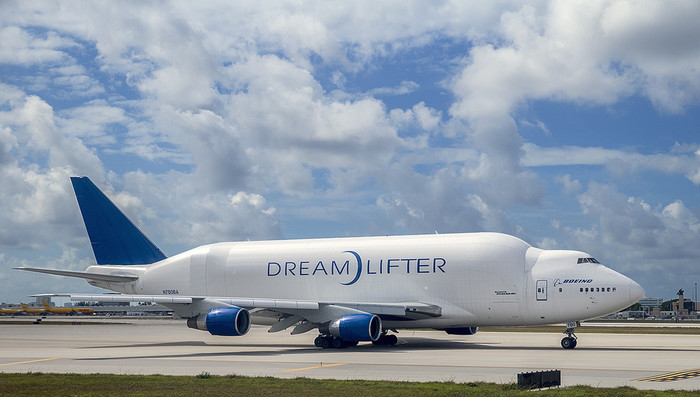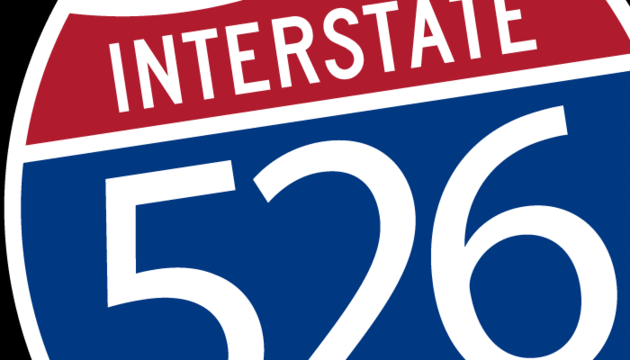Image by Microsoft Live Search Maps, staffImage by 20080429runway.jpg Charleston's longer runway of 9,000 feet will be closed for a year in 2011. Officials says that means we need to lengthen our shorter, 7,000-foot runway.
Charleston's airport has two runways, which are shared with (and owned by) the Air Force. The problem is the Air Force plans to close the longer runway to perform work in 2011. Using only the shorter runway means higher flight costs, which is bad for business and bad for passengers.
How much would not expanding the shorter runway cost? Acording to a report by the Charleston County Aviation Authority, travelers should expect to pay an extra $14.3 million during the year the longer runway is closed. Boeing, who assembles and airlifts portions of it's 787 Dreamliner from North Charleston, would pay an extra $27 million.
The extra costs come about because a shorter runway means planes have to carry less weight so they can get in the air sooner. Flight operators can either save that weight by booking fewer passengers at a higher cost per person, or take off with less fuel and land to refuel on the way, which, again, costs money and means higher ticket prices.
Officials are hoping the Federal Aviation Authority will pay for the 2,000-foot, $26 million expansion, though it will take nine to 12 months for a decision.
The Post and Courier tackles this topic in more depth:
The shorter runway — 7,000 feet — is scheduled to be out of service for about 12 months starting in about a year. However, the Air Force does not plan to make it any longer, so when it tears up the 9,000-foot strip in September 2011, all of the planes flying into and out of Charleston will be forced to use the shorter runway.
Airlines bound for relatively distant cities such as Dallas, Detroit and Houston — and thus laden with fuel — will struggle to take off in just 7,000 feet, particularly on hot summer days when the air is less dense, according to the Aviation Authority's report. Carriers on those routes will be forced to book fewer passengers to keep their jets light — and likely will charge more for the seats they do fill.
Some readers have asked this question: If the cost to taxpayers is $26 million and passengers would save $14.3 million in ticket costs, would it not make sense for the businesses that stand to save the most to chip in? (For example, Boeing would save $27 million, more than the entire cost of the runway expansion.)

